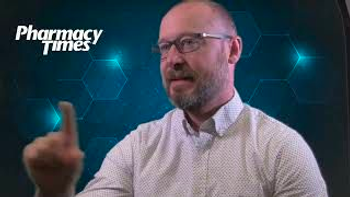
CAR T cells may have the ability to be engineered and remain consistently functional, leading to more effective cancer treatment.

CAR T cells may have the ability to be engineered and remain consistently functional, leading to more effective cancer treatment.
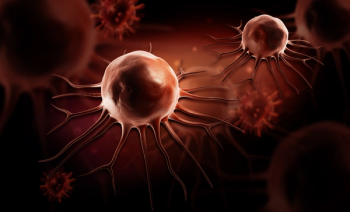
A researcher suggests that understanding specific cell function in the tumor microenvironment can help create effective and individualized immunotherapy cancer treatments.
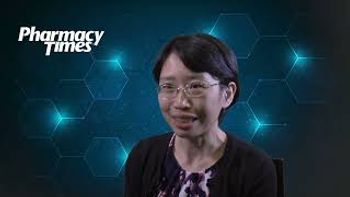
Yvonne Chen, PhD, discusses some of the strategies that researchers are using to improve T-cell effectiveness and overcome immunosuppression in CAR T-cell therapy.
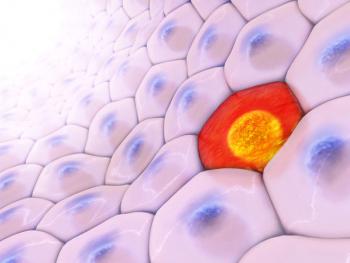
An integrative efficacy score would incorporate the depth, duration, and prevalence of tumor response.
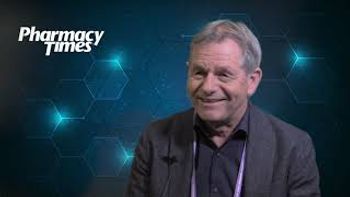
New research in immunotherapy is exploring vaccines to treat cancer, whether preventative or reactive against current tumors.
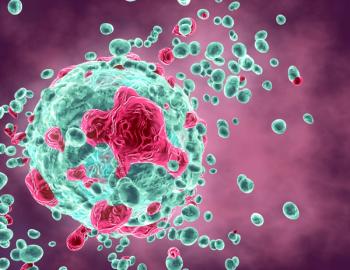
A researcher discusses how developing tertiary lymphoid structures may reach a greater maturity level within the tumor microenvironment.

Given that dendritic cells are necessary for anti-tumor response, researchers investigated which pathways stop these cells from performing their full functions.

Yvonne Chen, PhD, discusses her research to engineer more safe and effective next-generation CAR-T therapy for cancer immunotherapy.
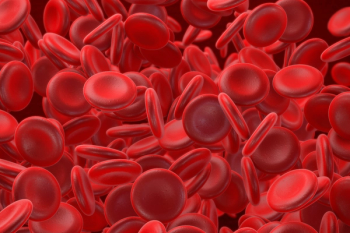
Expert discusses whether epigenetic programs regulate human T cell exhaustion and whether epigenetic-based strategies can be used to enhance T cell-based therapies.
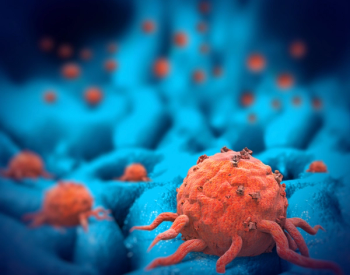
New research has shown significant promise for the use of CAR T-cell therapies in solid tumors.